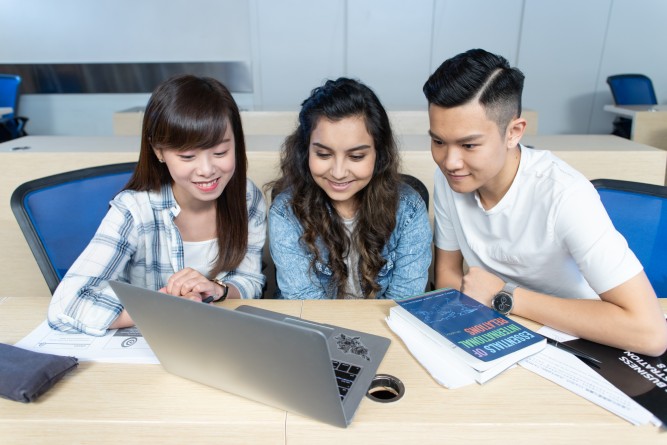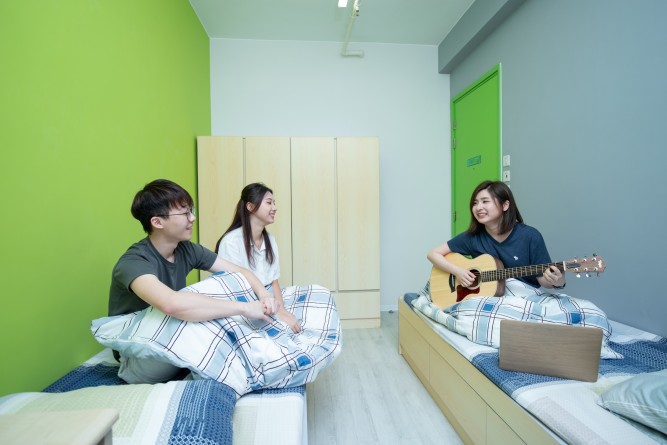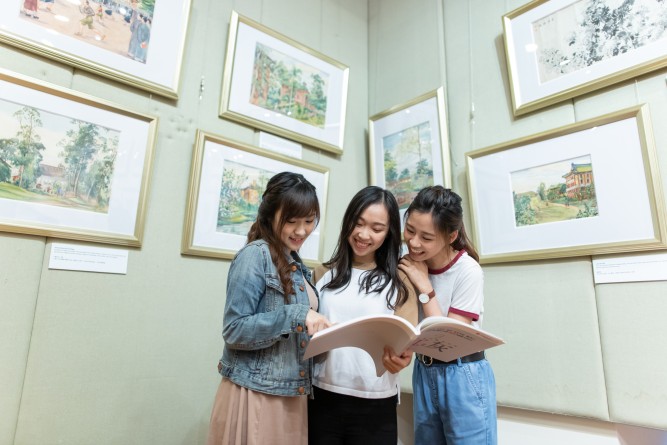Lingnan adopts a student-oriented teaching and learning approach, and emphasises close faculty-student relationship. We stress interactive teaching and learning modes that mobilise students to reach for higher levels of intellectual discourse, analytical thinking and independent research capability. Likewise, we also adopt innovative teaching and learning approaches that include internships, overseas field trips, immersion language studies, directed research projects, cooperative learning and action learning.
Learn what Lingnan’s quality education can offer through our Curricula, Campus Life, Internationalisation efforts and Community Service experiences.

Integrated Learning Programme (ILP)
Our Integrated Learning Programme administered by the Office of Student Affairs, is an important element of the University’s out-of-classroom learning. It aims at enriching students’ learning experiences, enabling students to interact with others more effectively, inspiring their creative thinking as well as expanding their intellectual and cultural horizons. The ILP covers six learning domains: Civic Education, Intellectual Development, Physical Education, Social and Emotional Development, Aesthetic Development and Hostel Education.

General Education
Apart from the formal curriculum, the Office of the Core Curriculum organises a wide range of extra-curricular events such as film series, talks and seminars on various general education topics for widening the intellectual landscape of our students.

Hostels as Living Learning Communities
All hostels on campus are Living Learning Communities where students can acquire independence, interpersonal and problem-solving skills, and a sense of community and responsibility. Programmes and activities organised in hostels cover themes relating to leadership, self-governance, green living and civic responsibilities, etc.

Multi-faceted Experiential Learning
Multi-faceted Experiential Learning Experiential learning is conducive to whole-person development for the interconnected world in the 21st century. The unique co-curricular provisions offer a wide range of learning opportunities complementing the formal curriculum. For example, through the “Urban Gardening Project” launched in 2014/15, students can learn not only about food and farming but also about the many global challenges.

Internship and Other Opportunities
The University provides a wide range of internships and other opportunities for students to develop their full potentials. Students also have many opportunities to learn outside classroom through participating in field trips and study tours. Visit the Office of Student Affairs for more details.



